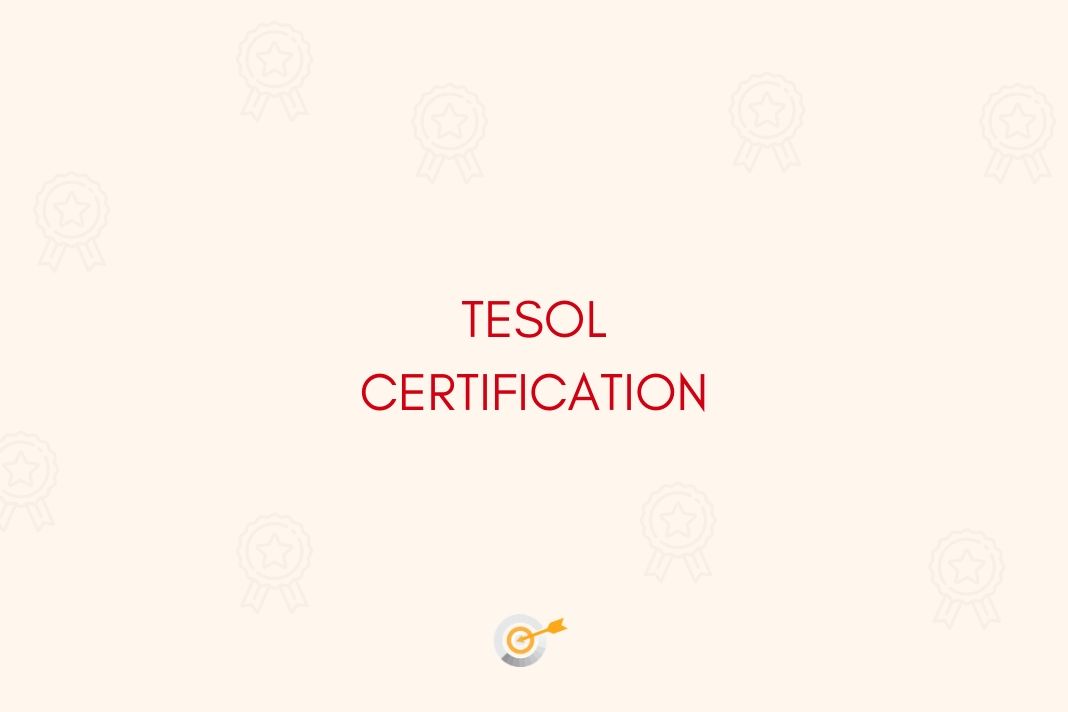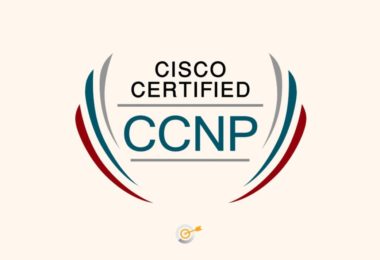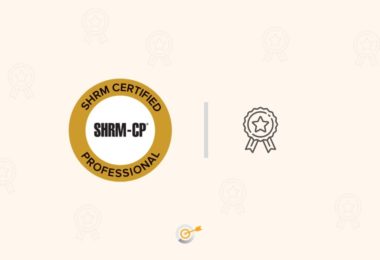
Overview of the Certification
TESOL is an acronym for Teaching English to Speakers of Other Languages. It is a certification that qualified individuals to teach English to non-native speakers. English is the most-spoken language in the world. Much of Western Europe speak English either as a first language or a second language. Several countries across Asia have also recognized the importance of English in communicating official information. In countries where there isn’t a single language, like in India, English serves as a medium for making official announcements, passing judgments, and drafting legislation.
With the globalization of the world economy, countries need a common language to interact with each other for their trade and commerce purposes. This is where English steps in again. All these are proof that English has made itself invaluable in the world, and countries recognize this. The demand for English teachers has become so high that there arose a need for standardization of services so that countries can rely on the quality of individual without going through the expensive process of vetting individuals.
That is why certifications like TESOL, TEFL, IELTS, and TOEFL have sprung up. TESOL and TEFL are often used together. TEFL stands for Teaching English as a First Language. The primary difference is that TEFL is used to teach English in non-native countries like TESOL is used for teaching in English-speaking countries. However, that differentiation has blurred, and people use TEFL and TESOL interchangeably. Several countries also recognize the TESOL certificate on par with TEFL. So, even with a TESOL certification, you can go around the world, teaching English to non-native English speakers.
Also Read ;
A Step by Step Guide on How to Get a TEFL Certification
How Much Can You Really Earn As A Teacher
Is This Certification Right for You?
Every training institute that offers international qualifying exams like IELTS, TOEFL, or any other language-centric courses requires certified teachers to uphold the standards set by the certifying body and to impart an education that adds value to the exam that the candidates would attempt. TESOL requires considerable time and money investment to get the certification.
You can afford to ponder whether this certification is right for you or not only until you start the course. Afterward, given the limited scope of its career-application, you can only get into teaching. TESOL affords the luxury to teach English within English-speaking countries as well.
However, you should be ready to teach English abroad, traveling across the world for teaching in various countries. The stints in those countries might last for a significant period.
Most people who are opposed to life outside the comfort zone without staying in any one country for a long time prefer to become online tutors. So, you should not only have an affinity towards the English language, but patience to continue in the teaching profession. Because you’d be dealing with Non-English speakers, you’ll need patience for them to understand the various syntaxes of the English language. It would be best if you had the patience to teach the same subjects and syllabus to a lot of people.
What are the Eligibility Criteria and the Certification Process for TESOL?
There are no eligibility criteria for completing this course. The pay rates and the fees that you can charge will depend on the country you’re in, the relevant experience you have, and the clients who will pay you. The certification process is remarkably simple. You need at least 100 hours of training in addition to any practicum or live-teaching work that institutes might require you to complete.
When you look up certification, you’ll find training for as low as 40 hours too. But training under 100 hours is considered an introductory course, and institutions don’t value it as much as the 100-hour training. This practicum can be live teaching, observing non-native English speakers, but can’t include role-playing with other TESOL aspirants.
You should get your certification from an accredited institution. While this isn’t an eligibility criterion, institutions place higher value if they know that some reputed agency has accredited an institute.
What is the Cost of TESOL Certification?
The fees for TESOL would depend on the number of factors such as
- The number of hours that you’ve chosen the training for
- Some courses do not involve a tutor. You take self-assessing exams to check your grade and attempt the exam. These courses are towards the lower end of the spectrum.
- Other courses have a tutor involved. This tutor would advise you on your performance, give you assignments, grade your quizzes, and help you study. For this mode of teaching, the fee might be higher. The fee here would also depend on the extent of personalization the tutor offers for you. So, if a tutor focuses only on you, you’d have to pay higher than if the tutor focuses on an entire class of students that involves you.
- Finally, there are highly interactive, instructor-led courses that are useful for more career-minded teachers. Usually, these courses are useful for teachers who are looking to earn credits for a master’s degree in TESOL as well. These courses might not have substantially higher hours but are university-level, and hence, require more dedication. These courses could range anywhere between $1000 to $2500.
In general, the fees can range from anywhere between $300 and $2500, depending on whether you want online training or offline.
Where to Get Online Resources for TESOL?
Several training institutes offer a training program. You have TEFL providing the required training. Apart from that, trainers like Udemy, Coursera, Online Teachers Training, Bridge, Oxford and Cambridge Universities, i-to-I Tefl Course all offer the required training.




